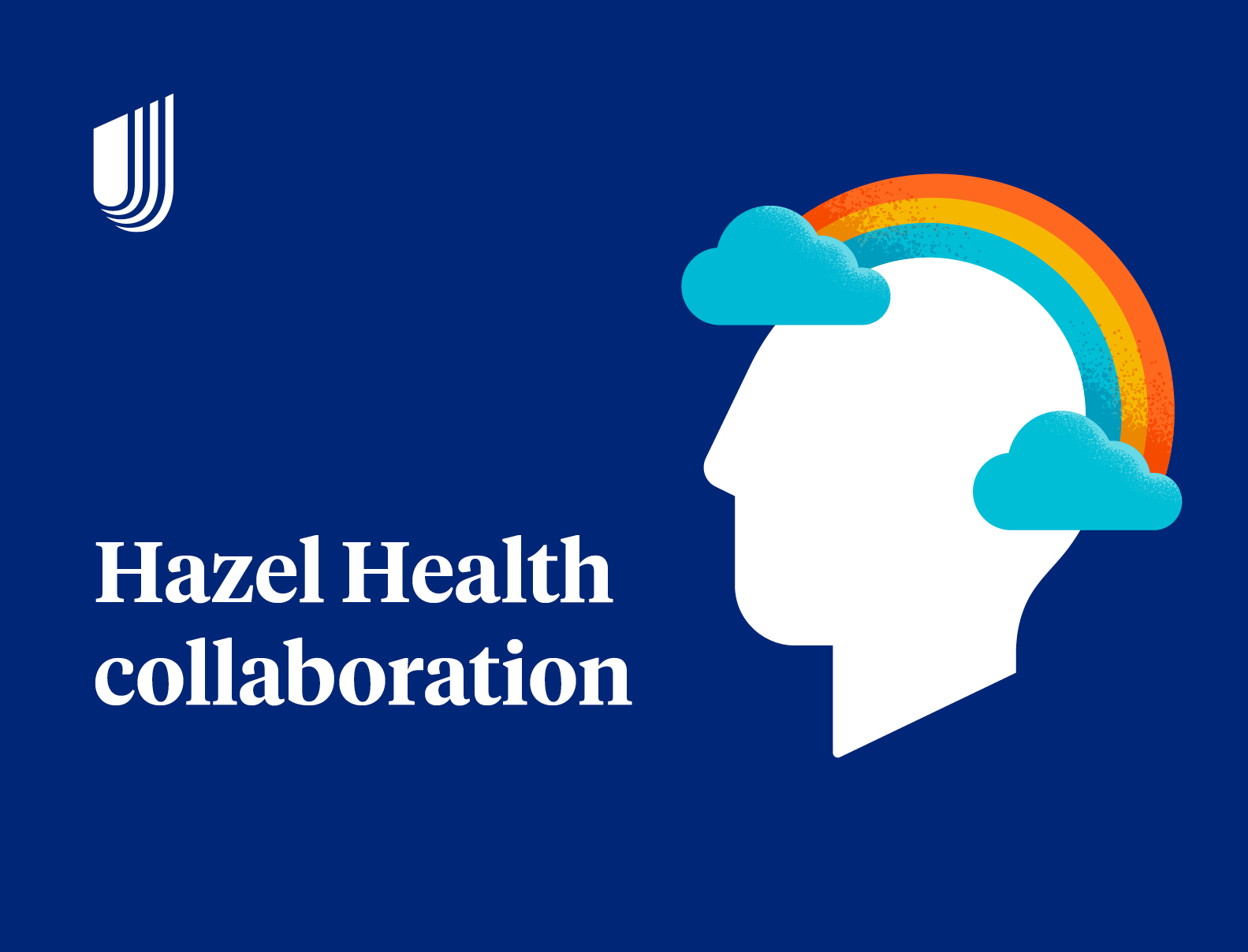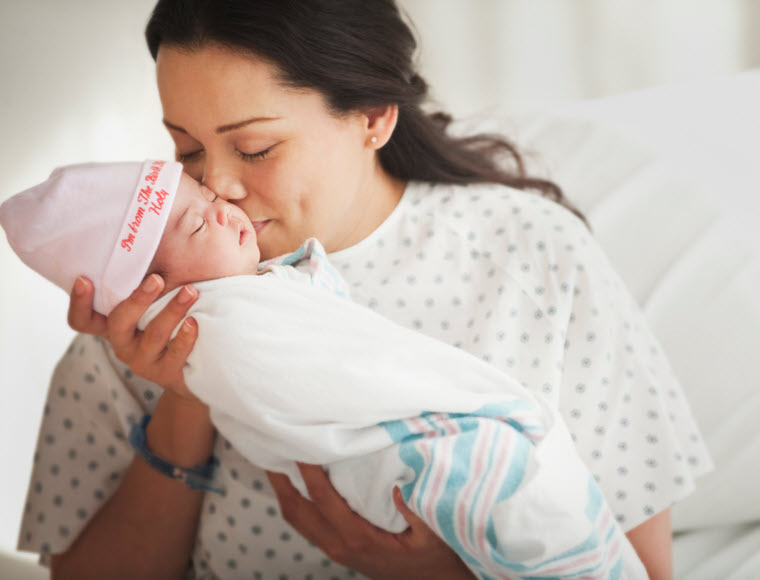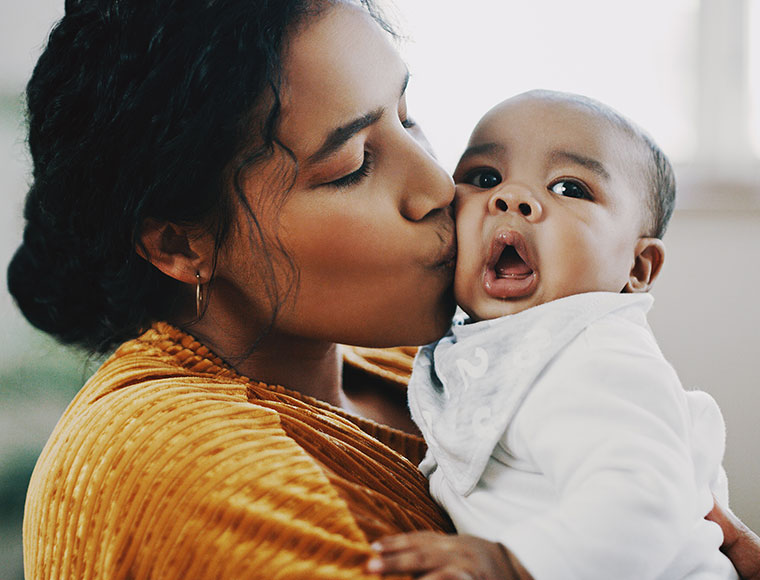In the state of Tennessee, there are 326,490 children under the age of 3, and 49% of births are covered by Medicaid.1 The impact of diaper insecurity for these children and their families is significant. Studies have shown that 1 in 3 families in the United States cannot afford enough diapers for their child.1
To support these families, more than 3,674,359 diapers are distributed yearly at five diaper banks in Tennessee.1 To help distribute diapers and raise awareness, UnitedHealthcare Community Plan of Tennessee recently participated in Diaper Needs Awareness Week. Seventy-five members of the Tennessee Employee Volunteer Council donated over 165 hours at diaper banks and community organizations in Memphis, Chattanooga, Nashville and Knoxville between September 24 and October 2, 2022. They wrapped more than 31,000 — and distributed more than 38,000 — diapers. In addition, they also gave away other items including 22,000 wipes, 10,000 menstrual care products and 100 containers of formula.
Not having diapers can have health and financial consequences
Diaper rash and urinary tract infections (UTIs) are both associated with diapers not being changed as often as needed.2 This can occur when an individual does not have access to enough diapers. Based on UnitedHealthcare Community Plan of Tennessee 2019 claims data, the annual costs related to diaper rash and UTIs were $3 million.










